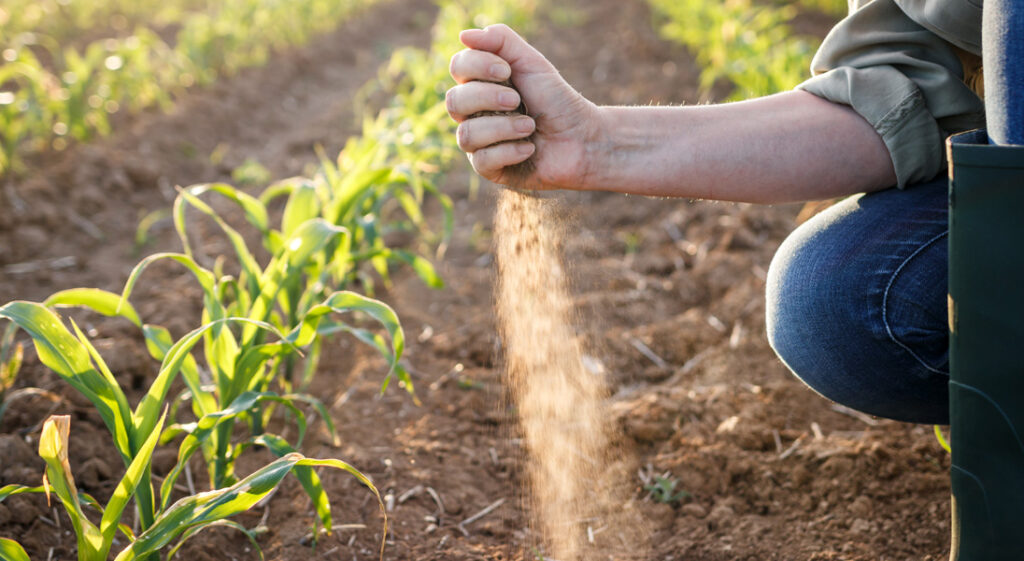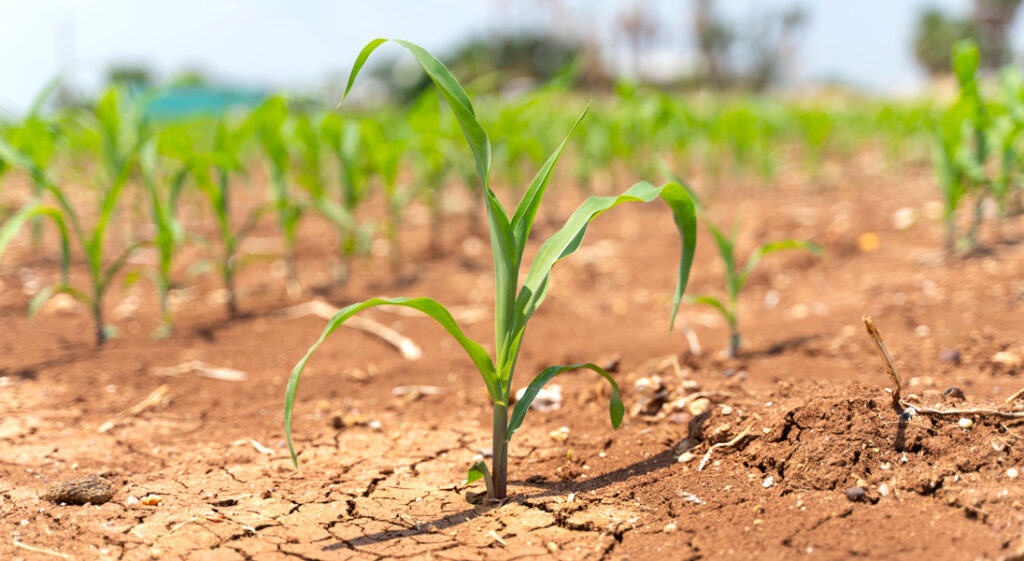Is silicon an effective plant biostimulant?
Insight
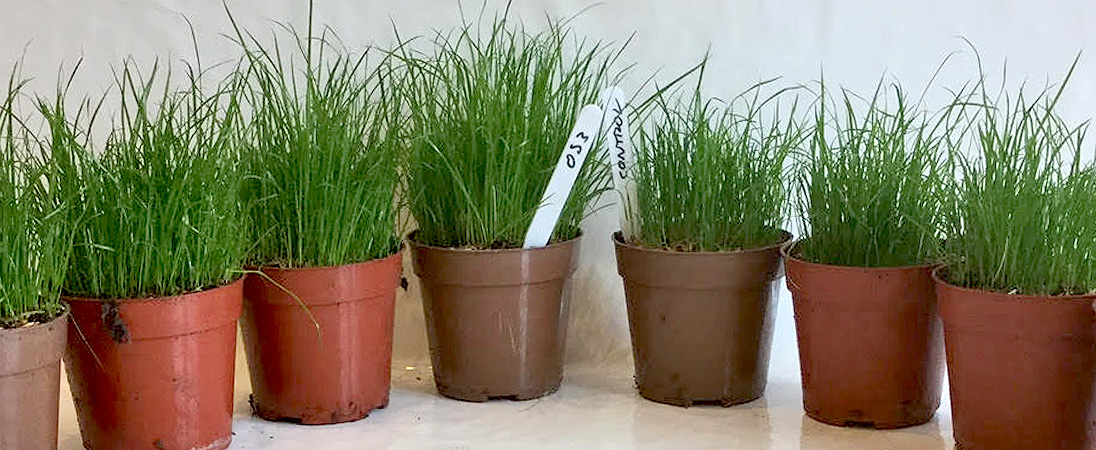
Although silicon has not been regarded as an essential nutrient for turf growth, research is revealing the wide range of plant functions and processes in which it is actively involved. Consequently, its importance in plant growth is being reassessed, not least in the production of high quality turfgrass.
While it is well known that deposits of silicon in plant tissues can increase their mechanical strength, the role of silicon in plant nutrition is less clear. This is probably due to variations in the capacity of different plant species to absorb it.
Our research
Current research at the Queen’s University in Belfast has demonstrated that ryegrass growth can be enhanced by the application of silicon in the form of orthosilicic acid (H4SiO4)
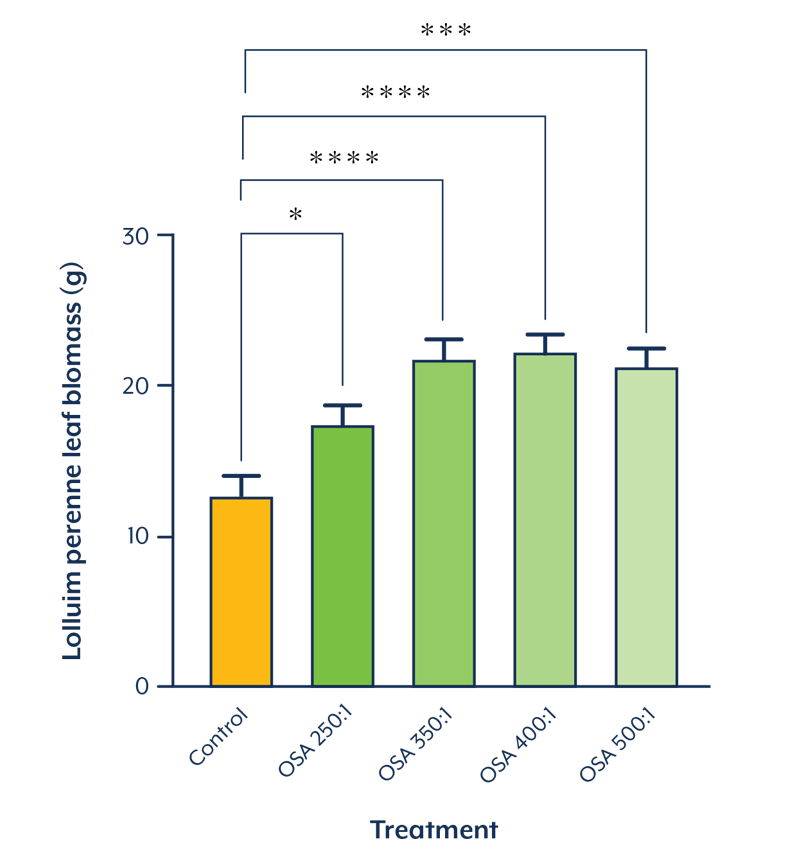
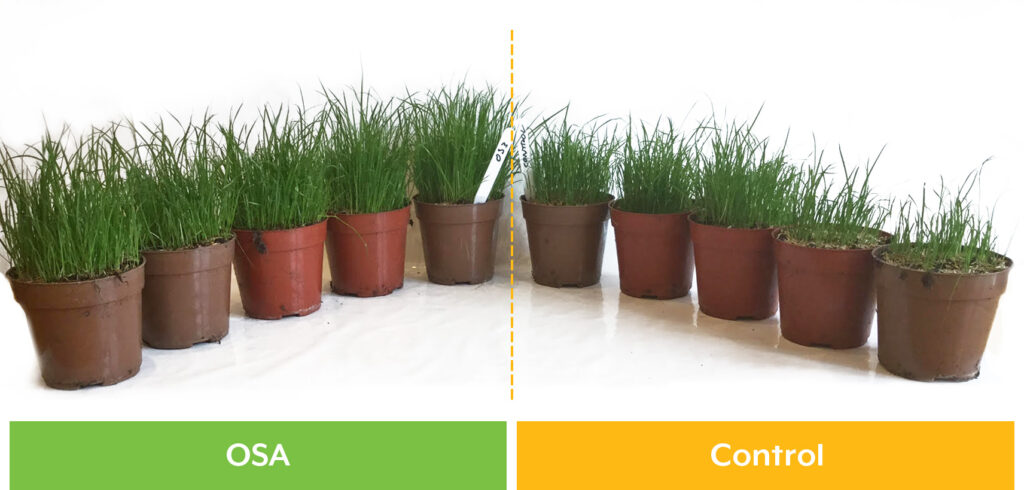
Figure 1: Application of orthosilicic acid (OSA) to ryegrass (Lolium perenne) increases leaf weight (data courtesy R Salvage, Maxstim Ltd).
Significantly, optimal growth occurred at lower concentrations of silicon, supporting the view that silicon can act as a biostimulant.
What is a biostimulant?
Plant biostimulants have been described as any substance or microorganism applied to plants which (regardless of its nutrient content) can enhance nutrition efficiency, tolerance to abiotic and biotic stress and crop quality.
While most growers and agronomists considering the use of a biostimulant to manage abiotic and biotic stress are familiar with materials such as seaweed extracts, humic acids and protein hydrolysates, it can be a surprise to them that silicon also falls into this class of bioactive materials. Several scientific studies have now demonstrated that silicon can also enhance the stress tolerance of a wide range of plants including turf species.
What impact does silicon have on plants?
A recent study on wheat has shown that silicon treatment modifies the activity of 1000s of plant genes and provides some insights into the ways in which silicon can influence plant growth.
Most of the genes responding to silicon were involved in:
- plant growth and development
- photosynthesis
- iron metabolism
- stress management
- resistance to pathogens
This supports the many observations that silicon can affect growth and increase the tolerance of plants to abiotic and biotic stresses. Together, these findings highlight the importance of silicon to plants and suggest that silicon should be a key component of turfgrass nutrition.
This is why we developed Cynosa, our specialist silicon product. Find out more about its impact on turfgrass growing here.
Or get in touch to find out how you can introduce silicon into your growing regime starting with a trial.
Tim Cannon
Email: tim.cannon@maxstim.com
Mobile: 07884 586191
Phil Kingsmill
Email: phil.kingsmill@maxstim.com
Mobile: 07860 269996
Tony Kelly
Email: tony.kelly@maxstim.com
Mobile: 07974 435417
